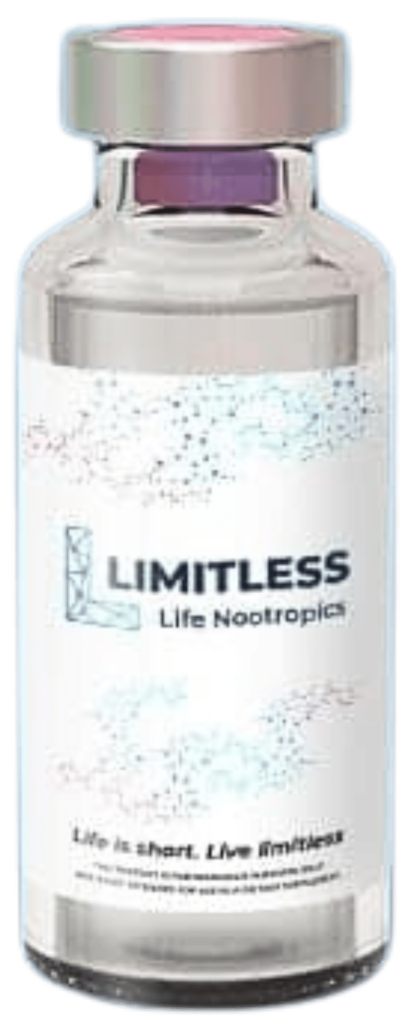Over the years, people have laid false claims about the adverse side effects of TOT therapy. Ad companies, flawed studies, and fake experts have all attested to testosterone can raise blood pressure, cause heart and cardiovascular problems, and induce sleep apnea. These claims are all wrong. And to prove it here is the connection between these disorders and TOT medication.
Blood Pressure
All people need to monitor blood pressure (BP). High blood pressure remains the world’s number one “silent killer” due to its ability to cause strokes and heart attacks. However, there is no indication that TOT therapy can increase blood pressure, and it is even known to lower BP because it reduces estrogen and body fat. Men with higher body fat percentages tend to convert testosterone into estrogen (estradiol) more readily. Others have genetically more elevated levels of aromatase enzymes, which will also negatively impact testosterone levels through conversion of testosterone to estrogen. High levels of estrogen can cause water retention, which can lead to high blood pressure. Clinical TOT dosing protocols rarely negatively affect blood pressure. As an essential failsafe, you should get your BP measured in the first month of TOT to see whether it has risen higher than your normal baseline BP. Additionally, you should monitor your BP regularly throughout the treatment both by yourself and during regular visits to your physician. Be aware of your normal blood pressure values, both systolic (below 120) and diastolic (below 80) or 120/80 mm/Hg and understand when your readings are elevated beyond normal.

Heart and Vascular Health
One of the biggest myths about TOT is that it increases the risk of cardiovascular events and diseases. You may be aware of the many different advertisements about TOT causing heart issues. In randomized placebo-controlled trials, TOT does not increase the incidence of cardiovascular disease or events such as myocardial infarction, stroke, or angina. Most studies show improved survival in men treated with therapeutic testosterone (versus untreated men.) Low levels of testosterone are predictive of an increase in coronary artery disease (CAD), cardiovascular disease (CVD), and cancer. Most of the data available provide clear evidence that supplemental testosterone reduces the risk of cardiovascular events in otherwise healthy men. Dr. Abraham Morgentaler summarized it best in his study for Mayo Clinic, saying:
In summary, we find no scientific basis for the suggestion that T therapy increases CV risk. In fact, as of this date, we are unaware of any compelling evidence that T therapy is associated with increased cardiovascular risk. On the contrary, the weight of evidence accumulated by researchers around the world over several decades clearly indicates that higher levels of T are associated with amelioration(improvement) of cardiovascular risk factors and reduced risk of mortality.
Don’t believe everything you hear on TV, especially if it concerns your health. It’s crucial to research treatments before you take the first step. It allows you to create an objective perspective, to dismiss false claims, to use those scientifically backed up medical treatments which do improve your health. Get your TOT Bible to find out more about testosterone treatment, and learn how it helps patients based on hard scientific evidence, facts, and true patient stories. 



